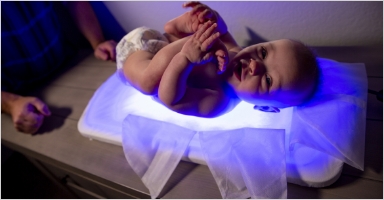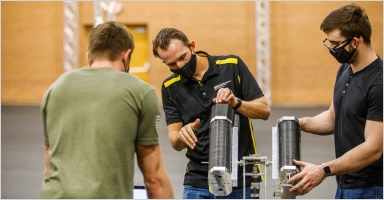
Education
17
schools and colleges
19K+
new graduates (2021)
30K+
engineering students
enrolled
130K+
total learners enrolled
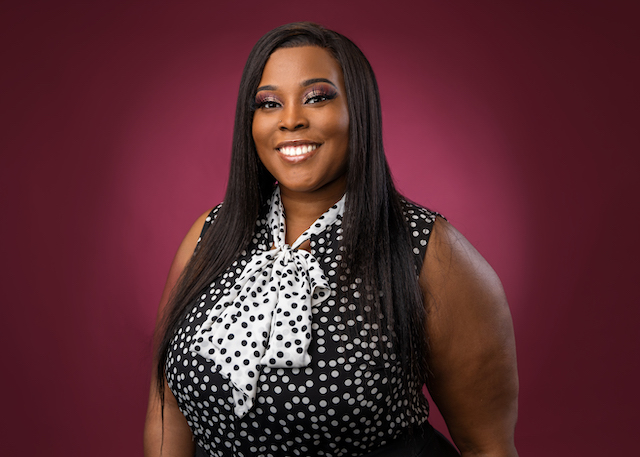
I aspire to help transform engineering by cultivating communities of equity-minded, social-justice-oriented, and critically innovative engineers who create products and services to better the lives of others. Obtaining this degree has been an inspiration for many of my family and friends.
Spring 2023 PhD Grad: Doctor of Philosophy in Engineering Education Systems and
Design
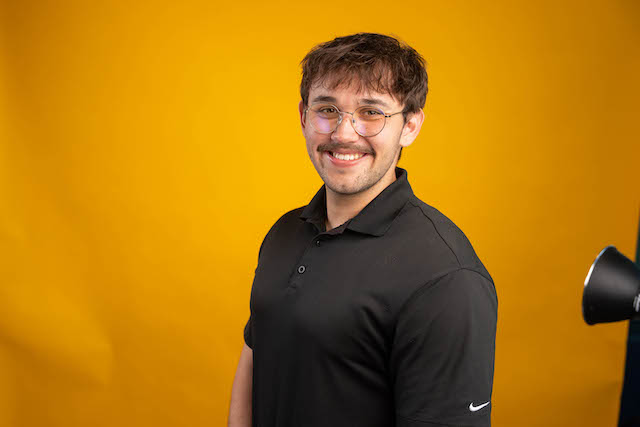
My degree in informatics allows me to use data and technology to solve complex problems and improve the lives of others. By designing and implementing innovative solutions, I can help organizations and individuals make better decisions, streamline processes, and create positive change in the world.
Spring 2023 Graduate: BS Informatics
PADT: leveraging ASU talent and technology for innovation and growth
At ASU’s Manufacturing, Automation, and Data Engineering Science and Technology Center (MADE STC), Tempe-based engineering services firm PADT is working with ASU faculty experts and students to develop solutions using machine learning to optimize manufacturability of 3D printed products for high-end applications in aerospace, defense and consumer sectors. Partnership with ASU provides critical resources, infrastructure and expertise necessary for PADT to de-risk early-stage technology innovation through research and development—and provides ample opportunities for PADT to involve ASU students, who are not only the most accessible future employees, but often the most capable.
“We continue to recruit around the country, but we tend to hire from ASU because they tend to come out on top,” says PADT co-founder Eric Miller. Co-founder Rey Chu estimates that about half of PADT’s 90 employees are ASU graduates. “It’s really a win-win situation,” says Chu, “helping the small and medium businesses be able to develop a technology and stimulate the local economy and also help the students get good paying jobs.” Chu is himself an alumnus of ASU who has worked closely with the university since graduating with a Master’s in Manufacturing Engineering in 1987– including nine years of service as a part-time faculty member. PADT’s growth and success since its founding nearly 30 years ago demonstrates how ASU’s commitment to market-relevant educational programs and industry partnership drives innovation, creates opportunities for graduates and positively impacts Arizona’s economy.
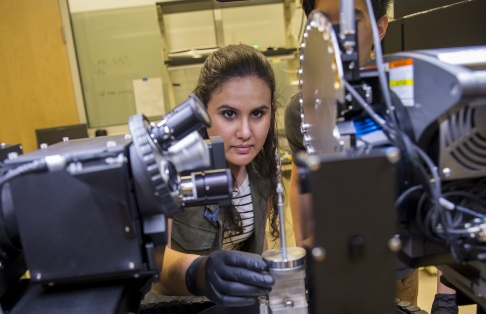
Fulton Schools of Engineering
The Ira A. Fulton Schools of Engineering are at the forefront of ASU’s efforts to produce the talent to position Arizona for success in technology-driven industrial growth.
Support from the New Economy Initiative is allowing ASU to hire world-class faculty who enable the Fulton Schools of Engineering to serve larger numbers of students and offer hands-on research experiences and workforce training programs that improve job readiness. The state’s New Economy Initiative investment is helping the Fulton Schools to meet the needs of Arizona’s high tech enterprises, enabling industrial growth that creates spillover benefits across all economic sectors.
By 2025, the New Economy Initiative will allow the Fulton Schools of Engineering to train 40,000 students each year and graduate 6,000 engineers annually, making ASU the nation’s undisputed leader in engineering education.
Learn more
Mobilizing innovative educational assets
A vibrant New Economy ecosystem requires not only engineers and technical experts, but also skilled workers in diverse fields like allied health, biosciences, digital media and film, entrepreneurship, education, finance and more.
Through adaptive, AI-infused advising platforms and hybrid education models, ASU is ensuring student success and increasing graduation outcomes in critical professions. ASU’s approach to producing professionals equipped to lead in the New Economy is also leveraging unique new physical assets that enable sophisticated, hands-on training to advance job readiness and leave graduates prepared to contribute to Arizona’s prosperity and thriving.
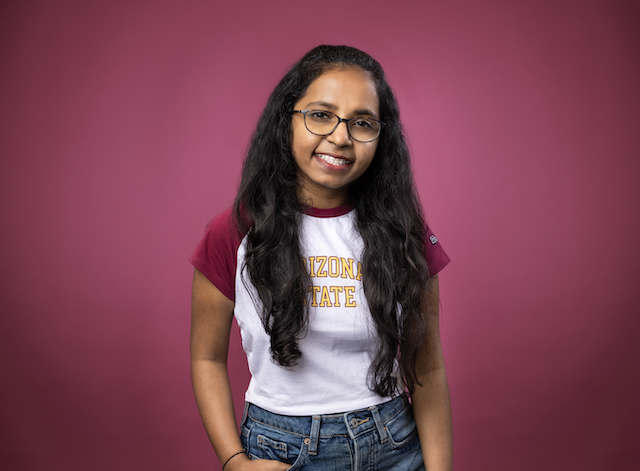
I strongly believe that University is about so much more than getting good grades and filling up a resume; it’s about learning new cultures, making good friends and exploring your independence. And ASU had helped me experience all those things.
Spring 2023 Grad: Master’s in Electrical Engineering
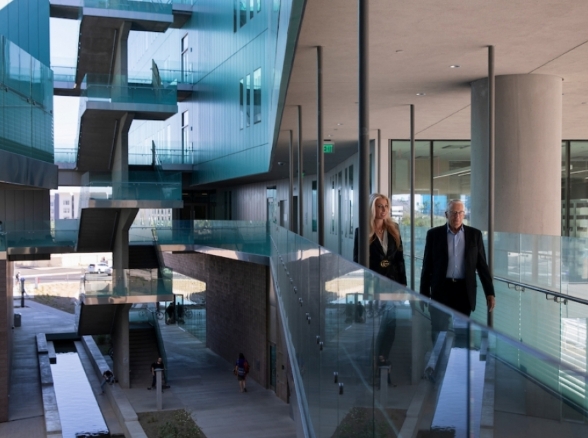
Rob and Melani Walton Center for Planetary Health
Preparing students to tackle the world’s greatest challenges
Integrating key ASU resources for training in sustainability-focused professions, the Rob and Melani Walton Center for Planetary Health enables interdisciplinary education and research around the great challenges facing Arizona and the world relating to food, water and energy. The Center for Planetary Health integrates research labs spanning biosciences, engineering, life sciences and sustainability with spaces for research and education in computing, cybersecurity, engineering design, fabrication and robotics. By co-locating the disciplines that matter most to Arizona’s future — from those that will help us to sustainably thrive in an arid climate to those that will directly power high-tech New Economy industries — the Rob and Melani Walton Center for Planetary Health is able to offer a world-class education experience to prepare future leaders for local and global impact.
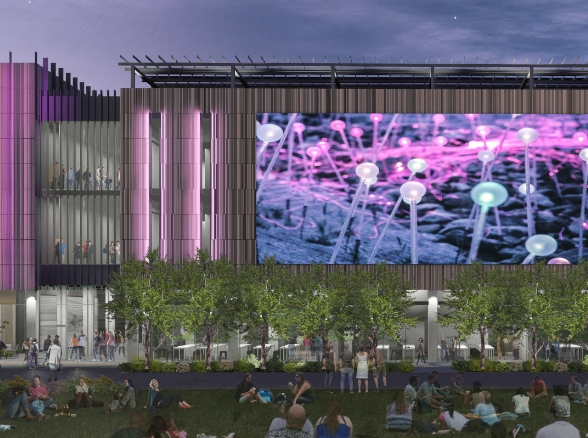
Media and Immersive eXperience (MIX) Center
Preparing students to thrive in a digital world
ASU’s newly launched Media and Immersive eXperience (MIX) Center is a state-of-the-art laboratory for creative innovation. A hub for training media and technology professionals who play critical roles in New Economy industries, the MIX Center prepares students for opportunities in digital media and entertainment, arts, engineering and entrepreneurship. Through immersive media experiences in film, video games and virtual reality, the center enables exploration and incubation of advanced technologies at the nexus of arts and engineering. The MIX Center is supported by ASU’s top-ranked programs in digital media technology offered by the Herberger Institute for the Design and the Arts and the Ira A. Fulton Schools of Engineering, and also leverages the resources and programs of the J. Orin Edson Entrepreneurship + Innovation Institute . As part of the ASU at Mesa City Center complex, a collaboration between ASU and City of Mesa, the MIX Center also serves as an inclusive public gathering space for inspiration, entertainment, and education in the heart of Mesa’s Innovation District.
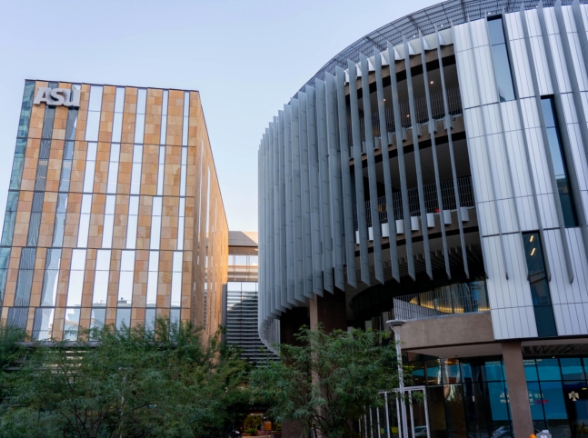
Thunderbird School of Global Management Global Headquarters
Fusing business and technology for global leadership
Situated on ASU’s Downtown campus, the new Global Headquarters of ASU’s Thunderbird School of Global Management is the world’s most technologically advanced management and leadership education center. Thunderbird’s Global Headquarters is helping Arizona to meet the demands of the New Economy by delivering technology-enabled, transdisciplinary education that prepares students for the opportunities and challenges of global careers. With a footprint of 100,000+ square feet, 1600 square feet of digital displays, and 31 million pixels of LED content, Thunderbird’s Global Headquarters enables hands-on engagement with bleeding edge technologies and state-of-the-art classrooms. The full integration of technology enhances the learning experience and allows students to become familiar with emerging technologies that are reshaping the workplace. Among the technology assets of Thunderbird’s Global Headquarters are extended reality (XR) production and development facilities, a volumetric capture studio that creates full three-dimensional renderings of faculty and student teaching and learning activities, and a virtual reality-based language lab. The site also hosts a global decision theater enabling immersive, collaborative problem-solving and modeling between student and faculty teams around the world.
Impact for Arizona
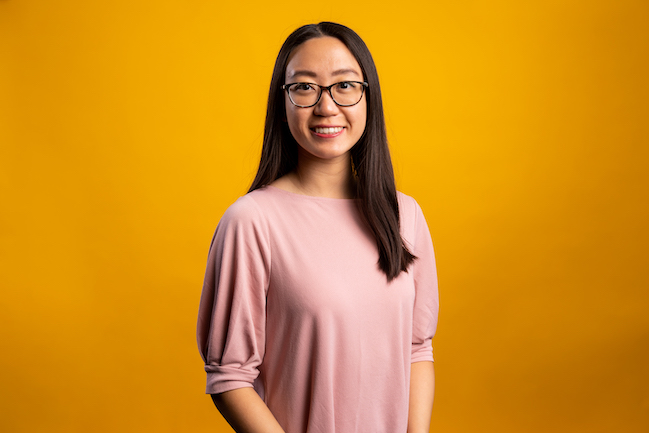
In the future, I hope to work as a product or process engineer at a global medical device company. Biomedical engineers have the ability to impact millions of lives through their work, from improving the design of medical devices used around the world to researching treatments for diseases and disorders that affect people indiscriminately..
Spring 2023 Grad: Biomedical Engineering (BSE), Materials Science and Engineering (Minor), Spanish (Minor)
